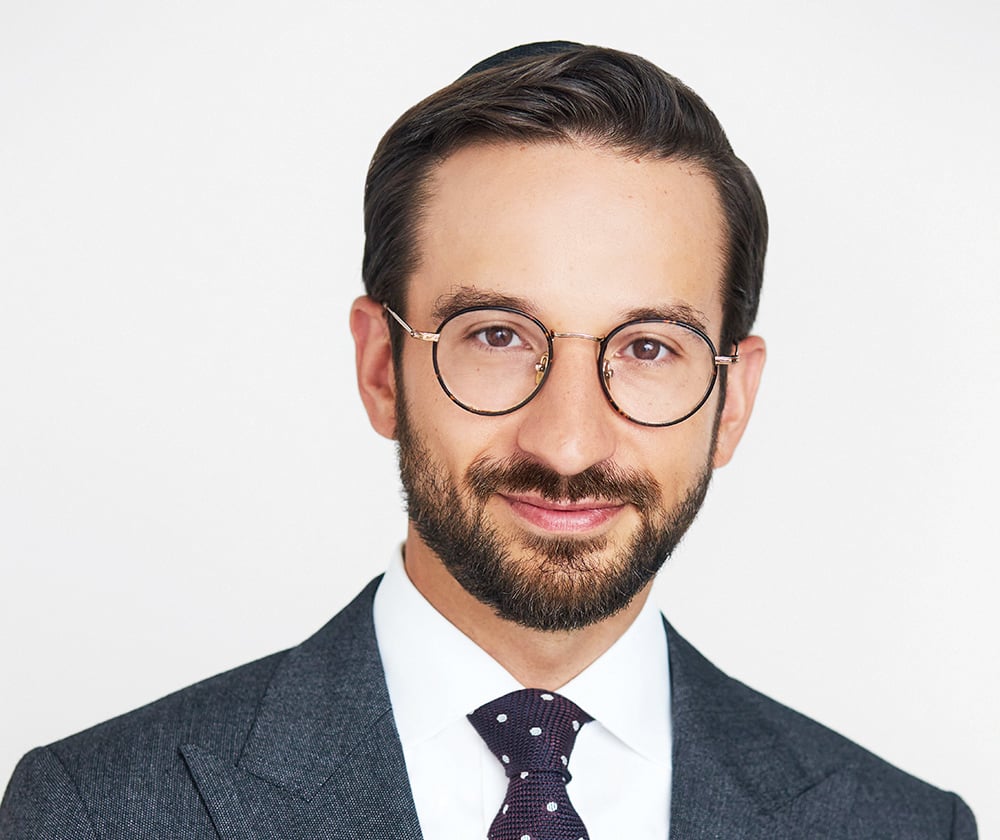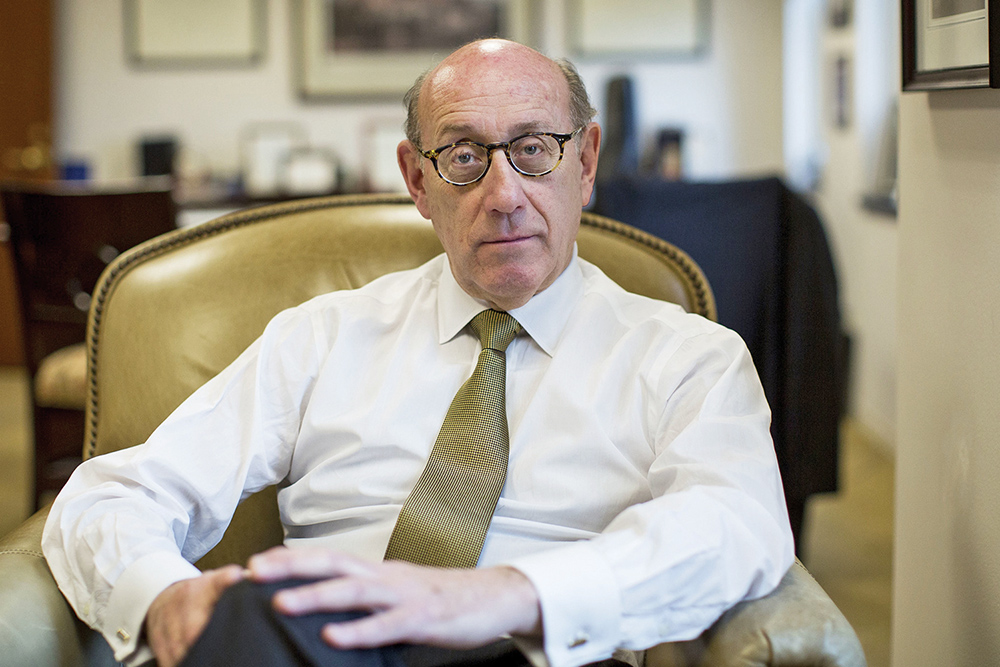
“I wish all this never happened, I wish my dad was here … Inside I want to burst and just talk to everyone about what I’m holding in.” These were the words of a young man, Luis, to Ken Feinberg, the Special Master of the U.S. government’s September 11th Victim Compensation Fund. Luis lost his father, Luis Alfonso Chimbo, on September 11, 2001. He worked in a restaurant in the World Trade Center. His death shattered the life of his son.
Can we forgive anything?
This question frames the months of Elul and Tishrei. The mechanics of how we atone in Jewish law are ultimately secondary to the overarching question of whether or not we truly believe that forgiveness is possible. There may be acts so heinous, insults so caustic and wounds so deep that we cannot imagine achieving a state of emotional neutrality, let alone intimacy.
Rabbi Jonathan Sacks reminds us that atonement is not a given: “Forgiveness does not appear in every culture. It is not a human universal, nor is it a biological imperative” (“The Birth of Forgiveness,” Vayigash, Covenant and Conversation). Forgiveness is a volitional act. It is a decision that demonstrates human agency. We choose to forgive. As a result, in serious relationship breaches, the work of forgiveness takes time.
Forgiveness, in the words of philosopher Avishai Marglit in “The Ethics of Memory,” “denotes both a process and an achievement, just as the word work denotes both the process of working and the work that is accomplished.” Margalit stresses that forgiveness cannot be a policy—like the empty or mechanical requests we often make before Yom Kippur to clear a slate “officially” within halakhic parameters. Instead, atonement is a process of “overcoming resentment and vengefulness, of mastering anger and humiliation.” This is, in Margalit’s words, a long effort; indeed an achievement.
We will use this framework when reflecting on teshuva, repentance—its possibility and its limits—in light of the September 11th attacks that killed close to 3,000 victims in the single, largest act of terror on American soil. This coming September 11th, Yeshiva University’s Rabbi Lord Jonathan Sacks-Herenstein Center will sponsor the third lecture in its Values in Conflict series: “To Forgive or Not to Forgive?” for students, faculty, staff and the public at large. This profound question will be at the center of a conversation I’m moderating between attorney Ken Feinberg and Rabbi Dr. Itamar Rosensweig in Weissberg Commons on Yeshiva University’s Wilf Campus from 7:00-8:00 p.m. We will approach teshuva through a study of American law, Jewish law and philosophy.

Feinberg shared the complications of his work in “What is Life Worth?: The Unprecedented Effort to Compensate the Victims of 9/11,” which he called the experience of a lifetime. In the book he writes, “It would be hard to overstate the emotional turmoil of the 9/11 families. Many were adrift, rudderless, trying to cope with unexpected tragedy, emotionally spent.” Feinberg led in the aftermath of other complex legal cases as the administrator of the fund established in the wake of the 2013 Boston Marathon bombings. He also managed the BP Deepwater Horizon Disaster Victim Compensation Fund, and his firm oversaw compensation for the victims of shootings at Virginia Tech University, Sandy Hook Elementary School and the movie theater in Aurora, Colorado, in addition to victims of clergy sexual abuse. We welcome him back to YU, where he served as an adjunct professor at the Cardozo School of Law and at other universities.
Rabbi Rosensweig is a professor of Jewish law and jurisprudence at Yeshiva University, a dayan (rabbinic judge) and chaver beit din at the Beth Din of America. He also serves as a rabbi of the Shtiebel of Lower Merion. Rabbi Rosensweig received his bachelor’s, master’s and PhD at Yeshiva University, and his ordination at RIETS. He also holds a master’s in philosophy from Columbia University and a PhD in philosophy from the University of Pennsylvania. He has written extensively on rights, duties and responsibilities in Jewish law.
Life is priceless, but, as we learn in the Talmud’s Bava Kamma, sometimes, when in the arena of human injury, we are forced to set a price. In the book, he includes painful interviews with grieving families and addresses principles of compensation they had to establish. A new Netflix special, “Worth,” documents the fascinating issues that occupied Feinberg and his team for three years as they gave out over $7 billion dollars to 5,562 people.
In an NPR “This I Believe” essay, Feinberg states that he hopes “the law will declare that all life should be treated the same” even though courtrooms, judges, lawyers and juries don’t always do so. “I believe,” Feinberg writes, “that public compensation should avoid financial distinctions which only fuel the hurt and grief of the survivors.” In a Washington Post interview, Feinberg writes, “It’s not justice. It’s not fairness. It can’t be fairness. It’s mercy.”
In his Laws of Repentance (2:9), Maimonides mentions financial wrongdoings between people that teshuva cannot resolve without compensation: Such an act “will never be forgiven until he gives his colleague what he owes and appeases him.” The Rambam also adds that compensation without emotional healing is also insufficient: “Even if a person restores the money that he owes [the person he wronged], he must appease him and ask for his forgiveness.”
Teshuva involves practical change and emotional healing. It also requires a change of perspective about time, as Rabbi Sacks writes, “The future is not predestined … Forgiveness liberates us from the past.” When we forgive, we change. We are “worthy of being forgiven, we are no longer prisoners of our past.” September 11th changed us as a country. These many years later, we’ll talk about how. Join the conversation this September 11th at Yeshiva University.
Dr. Erica Brown is vice provost for Values and Leadership and director of the Rabbi Lord Jonathan Sacks-Herenstein Center for Values and Leadership at Yeshiva University.









